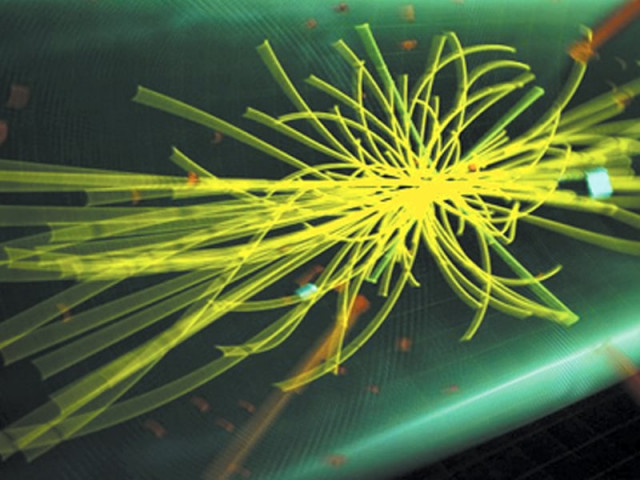In a ‘quantum’ world, will science and philosophy meet?
Physicist Suhail Zubairy talks about the possibilities and probabilities of quantum computing.

At a lecture organised by the Habib University on Saturday, Suhail Zubairy, a professor of physics and the inaugural holder of Munnerlyn-Heep Chair in Quantum Optics at Texas A&M University, talked about “Quantum Computing - New Frontiers”.
Dr Zubairy presented a general review of the interesting developments in the field of quantum computing and its implications.
Quantum computing represents a future where problems shall be solved much faster than by our present conventional computers. “Research in this field has generated many interesting spin-offs such as the possibility of perfectly secure communication on publicly accessible channels,” said Dr Zubairy.
The present-day transactions are safe because people can’t break codes with conventional computers. Even if they tried, it would take 80 years to break a 250-digit code. The quantum computers, however, would be able to do factorisation as well as solve the Shor’s algorithm in an instant.

The physics professor explained the assertion through an example also. “While you can find a number from any telephone directory by the name of a person, it would require a million searches if you were asked to find a name through the telephone number,” he said.
Zubairy, however, played down the hype simultaneously. “No quantum computers exist so far,” he said, “and there are very few algorithms that a quantum computer can solve.” The outcome of quantum computers is only probabilistic and this is a challenge physicists the world over have yet to overcome this.
While discussing other “impossibilities”, the professor cited his own research which showed that it was possible to exploit the magic of quantum to communicate with nothing at all between the sender and the receiver. He termed this highly counter-intuitive notion the “theory of psychic communication”.
The audience included a host of senior academics from schools, universities and engineering students, physics graduates and techies.
Despite all the “probabilities” in the field of quantum computing, this year’s Nobel Prize for physics was awarded to two scientists, who worked out a way to trap, control and study the fundamental particles of light and matter without destroying them. Professors Serge Haroche and David J. Wineland’s work could pave the way to superfast quantum computers and to measure time with greater precision than atomic clocks.
Published in The Express Tribune, December 24th, 2012.


















COMMENTS
Comments are moderated and generally will be posted if they are on-topic and not abusive.
For more information, please see our Comments FAQ